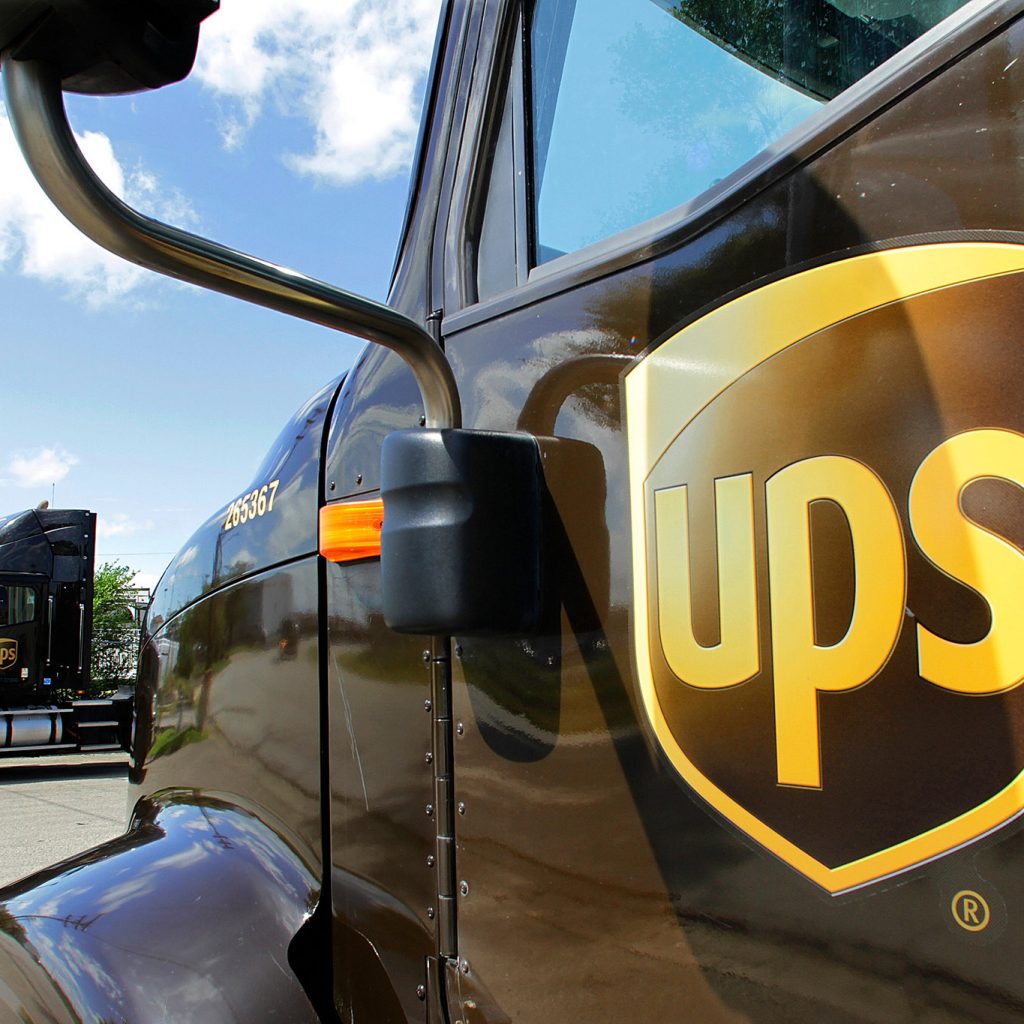UPS commits to new sustainability goals by 2025
Logistics solutions provider, UPS, announced new sustainability goals to add more alternative fuel and advanced technology vehicles to its fleet while increasing its reliance on renewable energy sources.
The goals, available in the companys 2016 Corporate Sustainability Report, support UPSs commitment to reduce its absolute greenhouse gas (GHG) emissions from global ground operations 12% by 2025, a goal developed using a methodology approved by the Science Based Targets initiative.
David Abney, UPS chairman and CEO, said: Because of our size and scale, we know our commitments can shape markets, advance technologies and be a catalyst for infrastructure investments. We rely on the ingenuity of our employees, suppliers, and technology partners to help us reach goals that will transform the shipping industry and spur innovation.
UPS has a goal that 25% of the electricity it consumes will come from renewable energy sources by 2025, a dramatic increase from the 0.2% in 2016. In addition, by 2020 UPS plans that one in four new vehicles purchased annually will be an alternative fuel and advanced technology vehicle, up from 16% in 2016. The company also set a new goal that by 2025, 40% of all ground fuel will be from sources other than conventional gasoline and diesel, an increase from 19.6% in 2016.
UPS operates more than 8,300 alternative fuel and advanced technology vehicles worldwide. The companys fleet includes electric, hybrid electric, hydraulic hybrid, compressed natural gas (CNG), liquefied natural gas (LNG), propane and lightweight fuel-saving composite body vehicles. In addition to its use of alternative vehicles, UPS uses millions of gallons of low-carbon footprint renewable diesel and renewable natural gas (RNG) in its fleet each year.
Jean-Francois Condamine, president of the Indian Subcontinent, Middle East, and Africa (ISMEA) region for UPS, said: UPS has one of the largest fleets of alternative fuel and advanced technology vehicles worldwide. We will continue to innovate to support sustainability which is one of the themes of Expo 2020 Dubai using resources without compromising the ability of the planet to sustain future generations. UPS is strongly committed to finding solutions for the environmental needs in this region by constantly striving to reduce our carbon footprint, and those of our customers.
These initiatives reinforce the companys commitment to reducing its environmental impact despite growth in e-commerce deliveries, which are driving up energy used to operate facilities and power its vehicle fleet.
The UPS vision entails a future smart logistics network of advanced technology vehicles and facilities powered by more diverse and sustainable energy sources, including on-site solar, off-site wind, renewable natural gas, renewable hydrogen, and renewable diesel delivered via advanced energy system infrastructure. UPS already deploys many of these technologies in its ground fleet and facilities, and plans to significantly increase their use in its worldwide fleet.
Since 2009, UPS has invested more than $750mn in alternative fuel and advanced technology vehicles and fueling stations globally. The company used more than 97 million gallons of alternative and lower-carbon fuels in its ground fleet in 2016 and recently made an $18mn investment in on-site solar energy systems across eight facilities.
UPS uses its Rolling Laboratory approach to determine which alternative fuels and technologies work best in each situation.
In addition to its environmental efforts, UPS outlined in its Sustainability Report workforce and community goals, including its commitment to achieve 20 million volunteer hours by the end of 2020 and its pledge to donate $127mn in total charitable contributions in 2020, including humanitarian relief and community safety programs, through The UPS Foundation. The programs provide support to communities around the world, including UPSs work with partners to deliver life-saving blood, medicines and vaccines to remote communities and its support of relief organisations.





